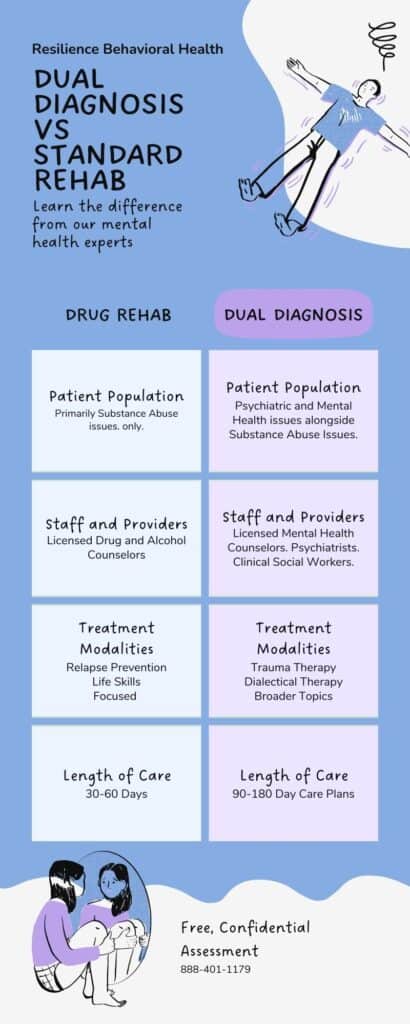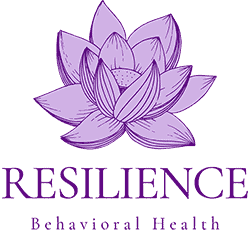Holistic Approaches to Dual Diagnosis Treatment in Massachusetts
When we talk about a dual diagnosis treatment center in Massachusetts, we mean there are centers that deal with both a substance use problem and a mental health issue at the same time.
In Massachusetts, they believe in treating dual diagnoses holistically. They take care of the whole person – mind, body, and spirit.
Top 8 Holistic Approaches To Dual Diagnosis Treatment
1. Cognitive-Behavioral Therapy (CBT)
This helps you understand and change negative thoughts and behaviors. Whether it’s anxiety or cravings, CBT works rewires the brain to handle things better.
2. Dialectical Behavior Therapy (DBT)
DBT teaches you how to handle emotions and distress and improves your relationships with those around you. It’s great for those struggling with intense emotions and helps develop skills to avoid going back to old habits.
3. Motivational interviewing
This is about helping you not only figure out your goals but also achieving them. It’s especially useful if you’re unsure about treatment or find it hard to stay motivated.
4. Dealing with the Past
If you’ve been through tough times, this therapy helps you process those experiences, so you can finally heal from them. It’s important for addressing the trauma that might be linked to both addiction and mental health issues.
5. Yoga
It’s not just about poses but a mix of moving your body, taking deep breaths, and calming your mind through meditation.
6. Meditation
When you can concentrate your thoughts on what’s happening right now, it works like magic for stress and anxiety. It brings a sense of peace, making everything feel calm and steady
7. Art therapy
Expressing emotions through art can be powerful, especially if words are hard to find.
8. Music therapy
Using music to promote healing and well-being, and so aiding in the reduction of stress, anxiety, and depression.

Is Using Holistic Approach for Dual Diagnosis Effective?
Research, as published in the journal “Addiction Sciences & Clinical Practice” in 2019, indicates that holistic treatment holds substantial promise, with a success rate ranging from 70-80%.
This study revealed that individuals undergoing holistic treatment were more likely to sustain sobriety and experience improved mental health compared to those opting for traditional treatment methods.
More study is needed, however, to be certain that holistic treatment works effectively for dual diagnosis.
Therefore, the existing evidence strongly suggests that embracing holistic approaches can significantly enhance the chances of overcoming dual diagnosis, as it is a promising and effective way for recovery.
Final Thoughts About Dual Diagnosis Treatment Center Massachusetts
In Conclusion, to treat dual diagnosis in Massachusetts, they take a holistic approach.
This means they look at the whole person and use therapies like Cognitive-behavioral therapy (CBT), Dialectical behavior therapy (DBT), and Motivational interviewing.
These therapies seek to transform ideas, improve emotional handling, and assist individuals in achieving their particular objectives.


